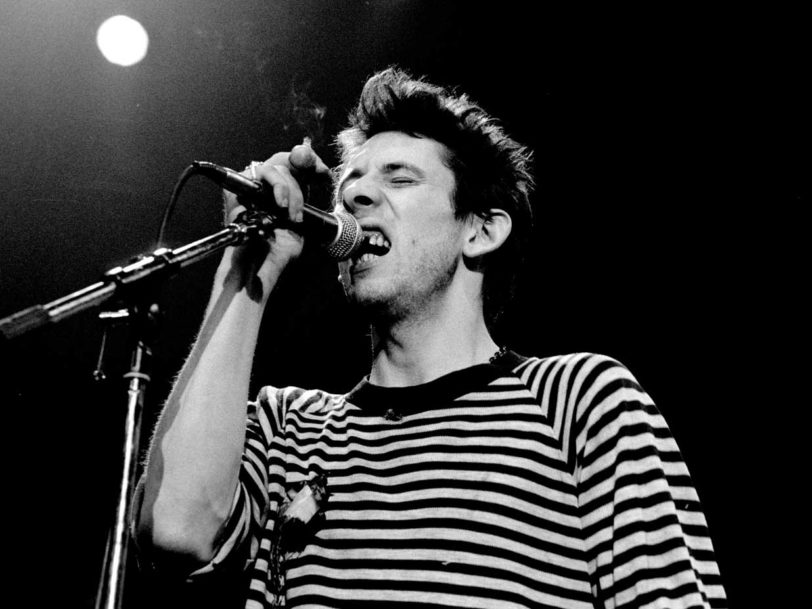Anyone who’s ever visited Ireland understands that music is deeply rooted in the country’s culture – whether that music is performed on the largest concert stage, down at the local bar or even just at family singalongs that break out just for the craic. There’s no doubting Irish people have an inherent passion for timeless songs, so it makes perfect sense that the best Irish musicians have enhanced the Emerald Isle’s rich heritage with music that touches the hearts of people the world over.
Best Irish Musicians: 20 Shining Talents From The Emerald Isle
20: The Divine Comedy
The Divine Comedy started life as a relatively straight-ahead indie-pop outfit, releasing their debut album, Fanfare For The Comic Muse, through the Setanta imprint in 1990. However, after its release, Derry-born, Enniskillen-raised frontman Neil Hannon drastically changed tack, with a slew of fantastic, early-to-mid-90s albums such as Liberation, Promenade and Casanova, all of which reflected his love of Scott Walker’s classic solo records and the orchestrations of Michael Nyman.
Despite seemingly representing the antithesis of Britpop’s laddish aspirations, Casanova went gold and The Divine Comedy enjoyed an extended season in the sun during the late 90s and early 2000s, with albums such as Fin De Siècle and the group’s Warner Records debut, Regeneration, spawning evergreen hits such as Generation Sex, National Express and Bad Ambassador. Hannon has since worked on soundtrack projects and collaborated with Belle And Sebastian’s Stuart Murdoch, but he still excels at his day job, with The Divine Comedy’s most recent salvo, 2019’s Office Politics, reminding us that he’s still a superior purveyor of rakishly cerebral pop.
Must hear: Bad Ambassador




